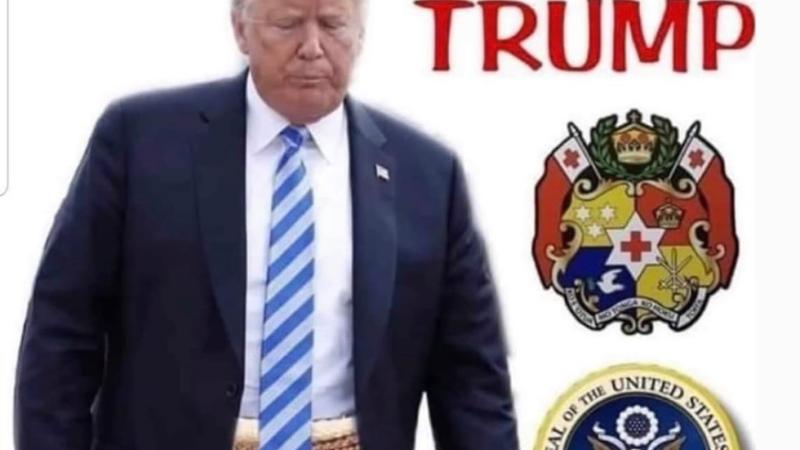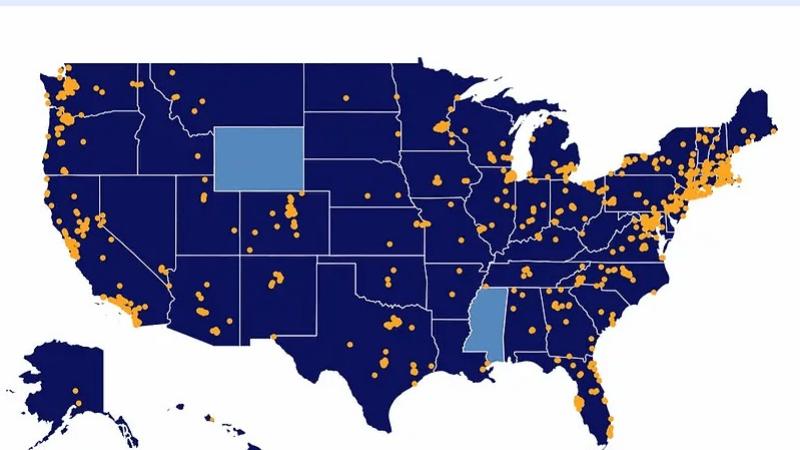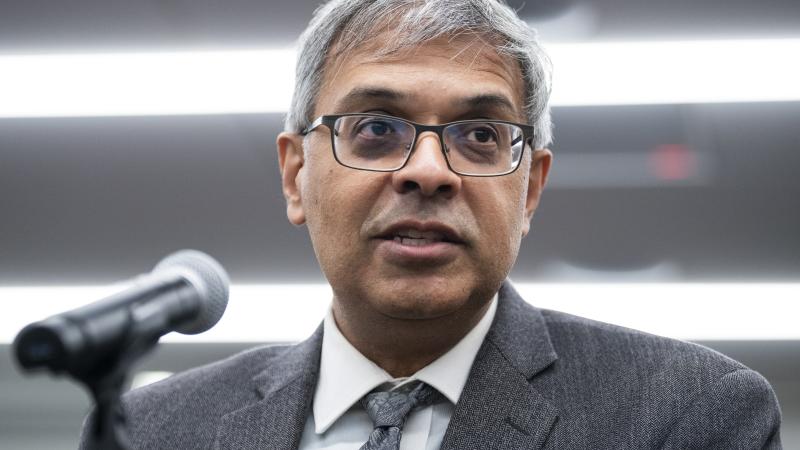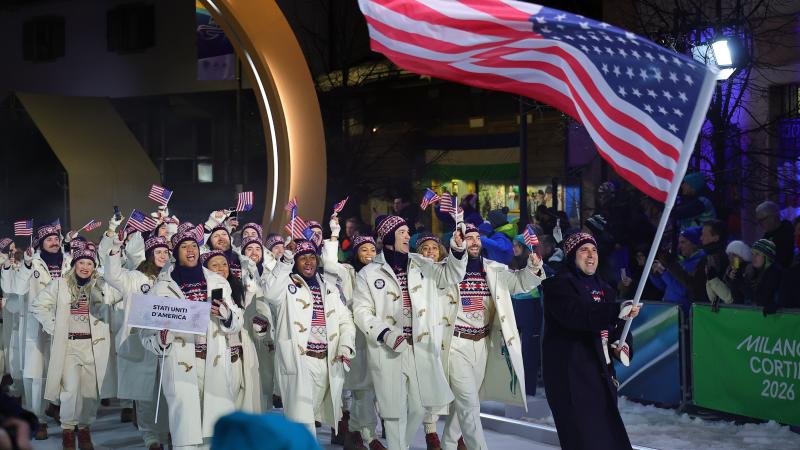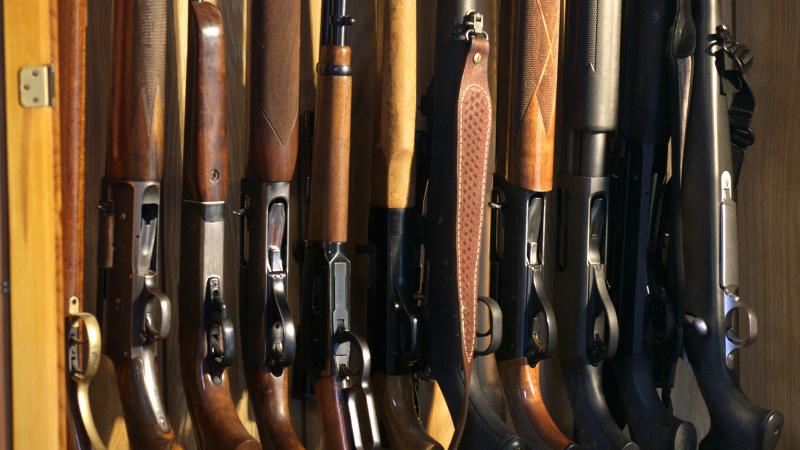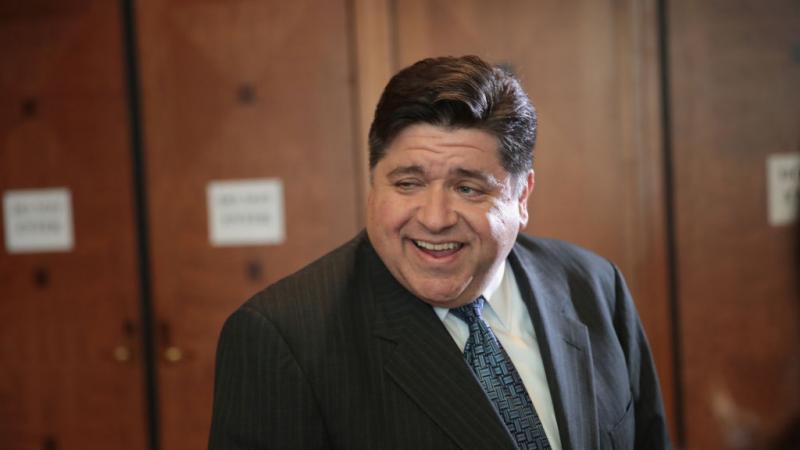Lawsuit: Profanity-laced protest constitutionally protected
This week, the Foundation for Individual Rights and Expression, or FIRE, filed a lawsuit against the city of Allentown and two of its officers on behalf of Phil Rishel, alleging they violated his First Amendment rights.
(The Center Square) -
An Allentown man cited for filming officers and using profanity while protesting on a public sidewalk says his constitutional rights were violated.
Now he’s suing in a case that tests the limits of free speech protections.
This week, the Foundation for Individual Rights and Expression, or FIRE, filed a lawsuit against the city of Allentown and two of its officers on behalf of Phil Rishel, alleging they violated his First Amendment rights.
Since 2015, the city of Allentown has paid at least $2 million related to claims of police misconduct, says FIRE’s press release. In 2023, Rishel began protesting “by non-disruptively recording police activity while standing on public sidewalks outside local police precincts.”
The incident in question unfolded over two days in March 2024.
FIRE says that on March 26, Rishel stood on the sidewalk outside the Hamilton Street station’s parking garage and recorded what he could see in plain view.
Approximately 15 minutes after he arrived, Rishel videoed now-retired Officer Dean Flyte approaching him and briefly pausing to look at a “No Trespassing” sign on the building.
Rishel responded, “Yeah, that’s a nice sign. Too bad it doesn’t apply to the public sidewalk.”
The officer walked away without comment, but shortly after, drove his patrol car out of the garage and onto the sidewalk in Rishel’s direction. The video shows the vehicle striking the corner of the building in the process.
Then, blaring the siren, Flyte drove around a lamppost towards Rishel, who shouted a profanity-laced insult at the officer for clipping the building.
FIRE states that after exiting the car, the officer returned to the building and emerged with Sgt. Christopher Stephenson, who accused Rishel of loitering and banned him from the public sidewalk under threat of arrest.
The following day, Rishel returned to the same spot and resumed his recording. Stephenson appears in the video telling Rishel that he previously warned him “not to come back.”
Rishel insisted he was protesting, to which the sergeant responded that he was being a nuisance, and added that filming them is not a First Amendment right.
Ultimately, Rishel was charged with disorderly conduct and loitering.
At the hearing, Stephenson testified that Rishel had been in a construction zone blocking pedestrian traffic and the garage entrance – a claim not supported by the video, FIRE says.
Based on Stephenson’s testimony, the court found Rishel guilty of loitering, although the conviction was later reversed on appeal. The disorderly conduct charge was dismissed by the lower court based on longstanding Pennsylvania law.
“Citizens trying to hold police officers accountable should not be punished,” said FIRE attorney Zach Silver. “Public officials, including police officers, must uphold the law and respect citizens’ right to record police and to use harsh language, not bully them into silence.”
FIRE argues that the First Amendment protects not only the right to film police officers and their activities, but also the right to criticize them verbally – even with profanity.
Rishel’s use of profanity raises questions about whether the officers’ responses were legally justified under the “fighting words” doctrine. Silver told The Center Square that it doesn't apply in this case.
This category of unprotected speech is incredibly narrow and it applies only where speech expressly invites a physical altercation or is so personally abusive that the average person would instinctively respond with immediate violence, he said.
“Courts have repeatedly held that merely cursing at or insulting someone, without more, generally doesn't fit this criteria,” Silver said. “What's more, the Supreme Court of Pennsylvania has said that the bar is even higher for remarks directed at police officers.”
The lawsuit seeks a declaration that Allentown police violated First Amendment rights, an injunction against the city for failing to provide adequate training to its police officers about protecting and respecting First Amendment rights, and an award of damages to Rishel for the treatment he received.
“The retaliation over my speech confirms that there is a huge issue with the culture of the Allentown Police Department,” said Rishel. “These officers have a disdain for the rights of the people they’re sworn to protect – and I hope my lawsuit changes things for the better.”

